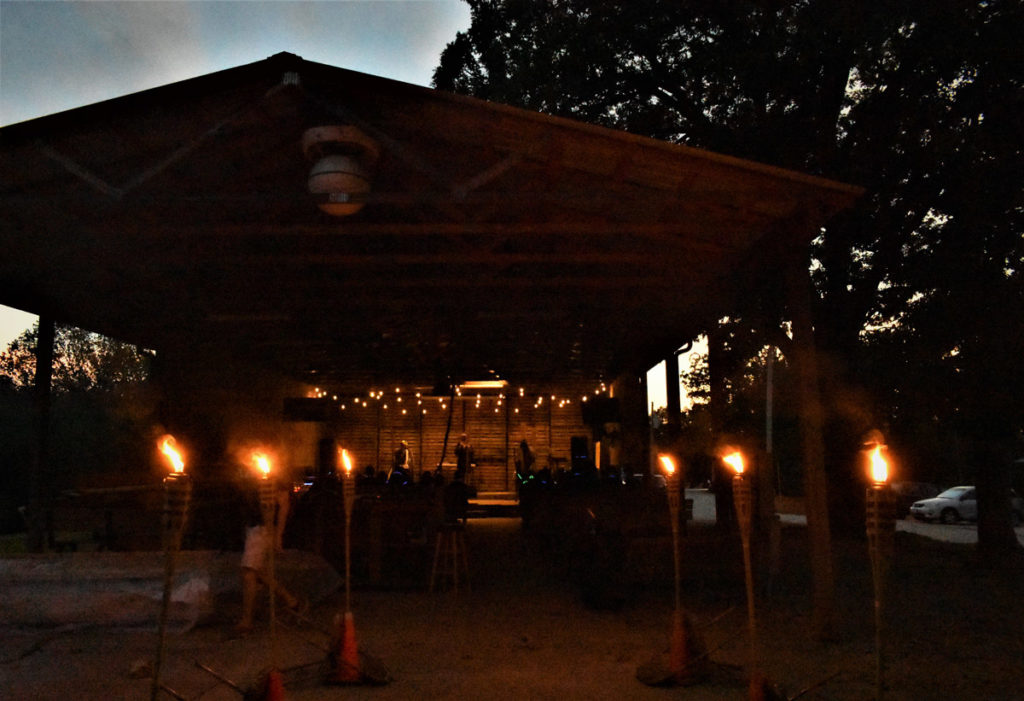IT is not news to anyone that we live in an age of busyness. Few sacred times or spaces remain uninvaded by the ding of a text message, the buzz of a notification, the demands of school or work. It is increasingly difficult to find time to get far enough away from the imperious demands of our schedules to actually rest.
It turns out that this is just as true for upper school students as it is for the rest of us. So every school year, after about the first week of classes, our upper school students and faculty step away from the responsibilities of the classroom to spend a couple days in the hills of Missouri without our phones, without homework, and with each other. We shoot each other with paintballs, blob each other into the lake, roast marshmallows over the fire, and play frisbee together. Without any context, it might all seem a bit frivolous, a waste of important curricular time and resources without a clear lesson or assessment at the end.
But our annual upper school retreat reminds us of two very important truths that should frame the task of educating young minds: The first is the need for a proper rhythm of work and rest. The sabbath day was intended for the Israelites as a day of rest and worship. A day that reminds us of our creatureliness—that we are not the gods of our lives, but are instead beings dependent upon the One who has made us and sustains us. It reminds us that our own striving, our work, our studies, our memorizing, our thesis-writing, is not the source of our meaning or significance. Even Jesus would periodically withdraw into the wilderness in the midst of his regular ministry of preaching and healing. We are creatures who need to work, to steward our gifts in the service of God and others, but we are also creatures who need rest. Our seniors wrestle with this very question, considering what the proper type of work and rest rhythm should be for their lives as they prepare to graduate and the responsibility for the regulation of their daily lives increasingly falls on them.
The second truth is that education is fundamentally relational. It involves a series of interlocking relationships: students and their parents, students and their teachers, students and their peers, parents and teachers, and so forth. Despite the increasing bureaucratization and technologizing of education in public schools, where students so quickly become cogs in the machine, we insist that the best education—education which shapes the whole person and forms what they love in addition to what they know—is built on relationships.
One of the primary purposes of the retreat is to create a non-academic environment where relationships can flourish, so that when we do return to the classroom, the trust, camaraderie, and understanding built over those two days functions as a sort of relational down-payment for the rest of the school year. Discussions between a teacher and a struggling student take on a different character when the student knows that the teacher has heard about the thing going on in their lives that makes completing assignments difficult. Discussions in the classroom flow more freely among a group of students that has braved a battle with the faculty on the paintball field. Seventh-graders who have been initiated into their upper school houses can start building relationships with upperclassmen who will encourage them and mentor them in the coming years.
Rest and relationship. Not necessarily the first two things you may think of when you imagine a rigorous upper school experience, but which form the strong foundation from which students can embrace and engage the academic, social, emotional, and spiritual challenges that will be placed before them in the coming year.
Mr. Kyle Keating has served at Providence since January 2013. He teaches upper school history and theology and also serves as Dean of Students and the boys varsity basketball coach. He and his wife and fellow-teacher, Christy, moved to Saint Louis in 2010 and worship at South City Church. They have a delightful daughter named Kira.


